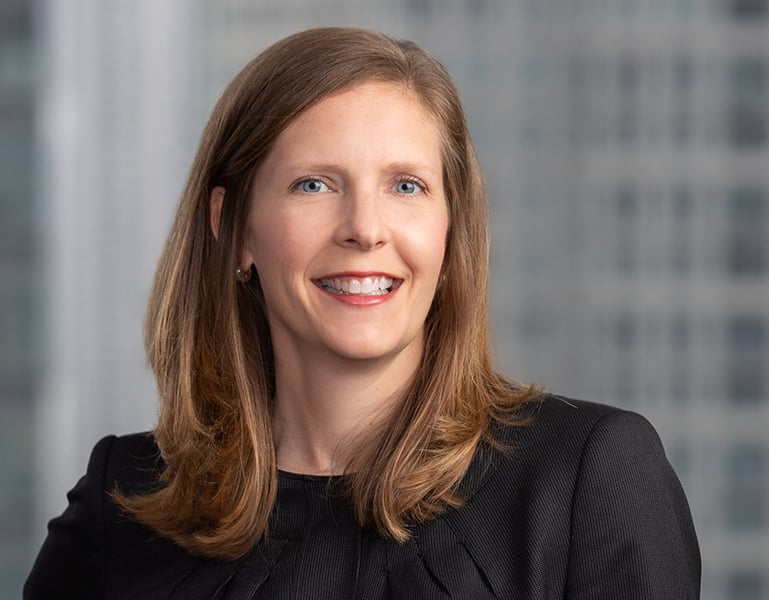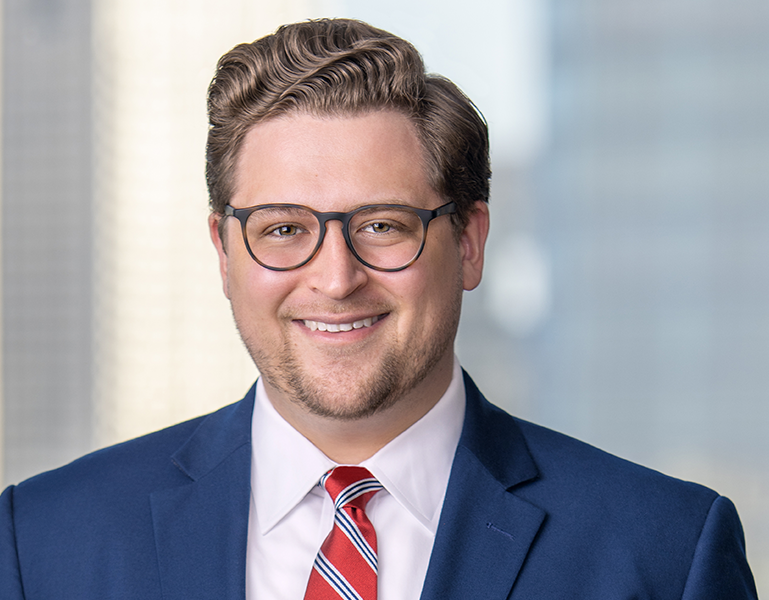Chicago Paid Leave and Paid Sick and Safe Leave Ordinance Takes Effect July 1
Employers with Chicago employees must act quickly to ensure compliance.
Employers with employees working in the City of Chicago should be preparing to comply with the new Chicago Paid Leave and Paid Sick and Safe Leave Ordinance (“Chicago Ordinance”) which will be effective on July 1.
The Chicago Ordinance applies to all employees who work at least eighty (80) hours in any one hundred twenty (120) day period while physically present within the geographic boundaries of the city (“Chicago employees”). Unlike the Illinois Paid Leave for All Workers (PLFAW) Act (“PLFAW Act”) (effective January 1, 2024) and the Cook County Paid Leave Ordinance (“Cook County Ordinance”) (effective December 31, 2023), the Chicago Ordinance requires employers to provide Chicago employees with up to forty (40) hours of paid leave and forty (40) hours of paid sick leave every twelve (12) months. That leave accrues under the Chicago Ordinance at a different rate than leave available under the PLFAW Act and the Cook County Ordinance. Chicago employees must be allowed to use paid leave for any reason, however, use of paid sick leave can be restricted to the sick- and safety-related reasons outlined in the Chicago Ordinance. The Chicago Ordinance also has specific requirements related to frontloading, carryover, notice prior to taking leave, reasons for denying leave and payout of unused leave at termination of employment, among others. It further requires employers to provide written notice of their policies, a form notice (prepared by the Department of Business Affairs and Consumer Protection) and a written accounting of their paid leave accrual and use and to adhere to certain other recordkeeping requirements.
Although the PLFAW Act and the Cook County Ordinance are similar to the Chicago Ordinance (at least in that they all require the provision of at least forty (40) hours of paid leave per twelve (12) month period), complying with the Chicago Ordinance will be complex for multi‑jurisdictional employers. In revising existing policies, or implementing new ones, employers are encouraged to consider the practical, financial and administrative implications of compliance.
Vedder Price is well versed in these new laws and the different compliance options. For additional information, please contact Michelle Olson at molson@vedderprice.com, Peyton Demith at pdemith@vedderprice.com or any other Vedder Price attorney with whom you have worked.
Vedder Thinking | Articles Chicago Paid Leave and Paid Sick and Safe Leave Ordinance Takes Effect July 1
Article
June 13, 2024
Employers with Chicago employees must act quickly to ensure compliance.
Employers with employees working in the City of Chicago should be preparing to comply with the new Chicago Paid Leave and Paid Sick and Safe Leave Ordinance (“Chicago Ordinance”) which will be effective on July 1.
The Chicago Ordinance applies to all employees who work at least eighty (80) hours in any one hundred twenty (120) day period while physically present within the geographic boundaries of the city (“Chicago employees”). Unlike the Illinois Paid Leave for All Workers (PLFAW) Act (“PLFAW Act”) (effective January 1, 2024) and the Cook County Paid Leave Ordinance (“Cook County Ordinance”) (effective December 31, 2023), the Chicago Ordinance requires employers to provide Chicago employees with up to forty (40) hours of paid leave and forty (40) hours of paid sick leave every twelve (12) months. That leave accrues under the Chicago Ordinance at a different rate than leave available under the PLFAW Act and the Cook County Ordinance. Chicago employees must be allowed to use paid leave for any reason, however, use of paid sick leave can be restricted to the sick- and safety-related reasons outlined in the Chicago Ordinance. The Chicago Ordinance also has specific requirements related to frontloading, carryover, notice prior to taking leave, reasons for denying leave and payout of unused leave at termination of employment, among others. It further requires employers to provide written notice of their policies, a form notice (prepared by the Department of Business Affairs and Consumer Protection) and a written accounting of their paid leave accrual and use and to adhere to certain other recordkeeping requirements.
Although the PLFAW Act and the Cook County Ordinance are similar to the Chicago Ordinance (at least in that they all require the provision of at least forty (40) hours of paid leave per twelve (12) month period), complying with the Chicago Ordinance will be complex for multi‑jurisdictional employers. In revising existing policies, or implementing new ones, employers are encouraged to consider the practical, financial and administrative implications of compliance.
Vedder Price is well versed in these new laws and the different compliance options. For additional information, please contact Michelle Olson at molson@vedderprice.com, Peyton Demith at pdemith@vedderprice.com or any other Vedder Price attorney with whom you have worked.
Professionals
-
Services

